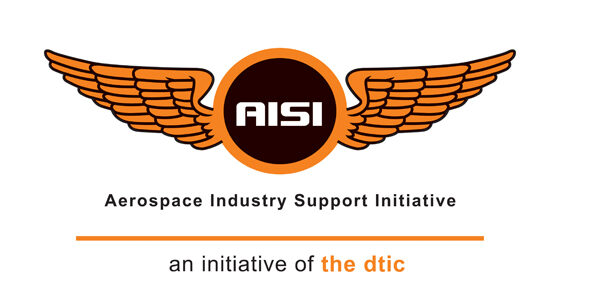Airbus continues to develop cooperation with South Africa
Major European aerospace and defence group Airbus has been consolidating its technology cooperation with South African companies and institutions. “For the past few years, we’ve been running a pretty scattergun approach to technology cooperation,” explains Airbus VP: International Cooperation Simon Ward. “We had about 40 projects – they were really to try to determine South Africa’s capabilities. Now we’ve adopted a more focused approach. Also, South Africa has been streamlining its approach to cooperation with the outside world – the CSIR (Council for Scientific and Industrial Research), is now the lead agency in South Africa. Together we’re developing a cooperation framework agreement.”
Airbus group company Airbus Defence & Space already has a framework agreement with South Africa, but that does not apply to Airbus (commercial – the airliner manufacturer) or the wider Airbus group. That, however, has not stopped the development of cooperative projects, although it has meant that there has not been an agreed theme to guide the course of these projects. (The Airbus group is composed of Airbus, Airbus Defence & Space, and Airbus Helicopters. The group as a whole operates in more than 170 countries and has research centres in India, Singapore and the US, as well as in Europe.)
“Our new approach emphasises industrialisation, not blue sky research,” he highlights. “It has a big focus on titanium. For a long time, we’ve had a strategy, in line with the government priorities that came out of Ipap 2 (Industrial Policy Action Plan 2), focused on titanium. We need to leverage the resources of South Africa and Africa much better than we do today. The CSIR’s laser and [titanium] powder expertise can be brought together to give South Africa a good niche.”
At the beginning of this year, South Korean scientists at the Pohang University of Science and Technology announced that they had developed a new aluminium-steel (aluminium-iron-carbon-manganese-nickel, to be precise) alloy with a strength-to-weight ratio that matched that of titanium alloys, but at only 10% of the cost. South Korean steel major Posco intends to produce the new alloy in an industrial-scale trial before the end of this year.
But Ward does not see this as a threat to South Africa’s titanium project, which would use titanium powder and laser additive manufacturing to produce complex parts for aircraft. “Different materials have different purposes,” he points out. “And it will take a long time for this new alloy to be certified for aerospace use. The aerospace industry is very conservative, for good reasons. There may be adoptions of the new alloy over time, and it might also be used alongside titanium. But I foresee titanium will have a role in aerospace for a very long time. There are also a lot of titanium applications in other industries, if the cost can be brought down. At the moment, it’s a very expensive material.”
Airbus has signed memorandums of understanding (MoUs) with local companies Aerosud and Denel Aerostructures (DAe), and has also held talks with the CSIR about technology. One of the aims of these MoUs is to help both companies win more work internationally. Airbus has introduced both companies to some of its Tier 1 suppliers and it is hoped that, within the next 18 or so months, this will lead to new contracts for the South African companies. “We’re making progress,” he reports. “ For example, we’re helping DAe to improve its bidding process.
In general terms, Airbus cooperation with South Africa is going pretty much as planned,” he concludes. “It’s very important to create technology and use technology to change lives in Africa. I think there is a real opportunity to do that and create important niches for Africa.”
